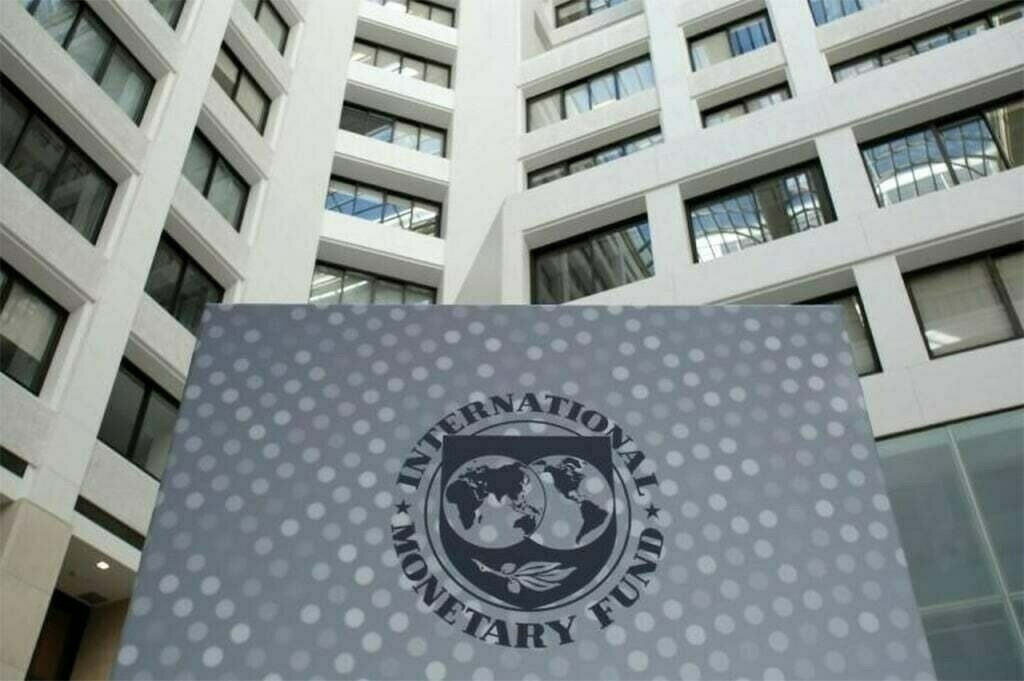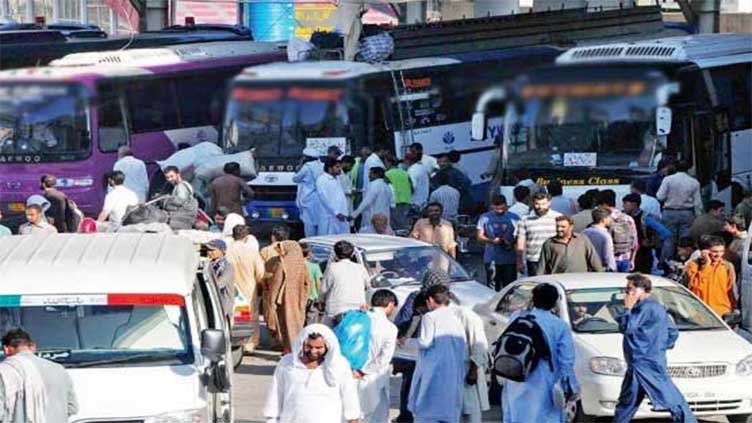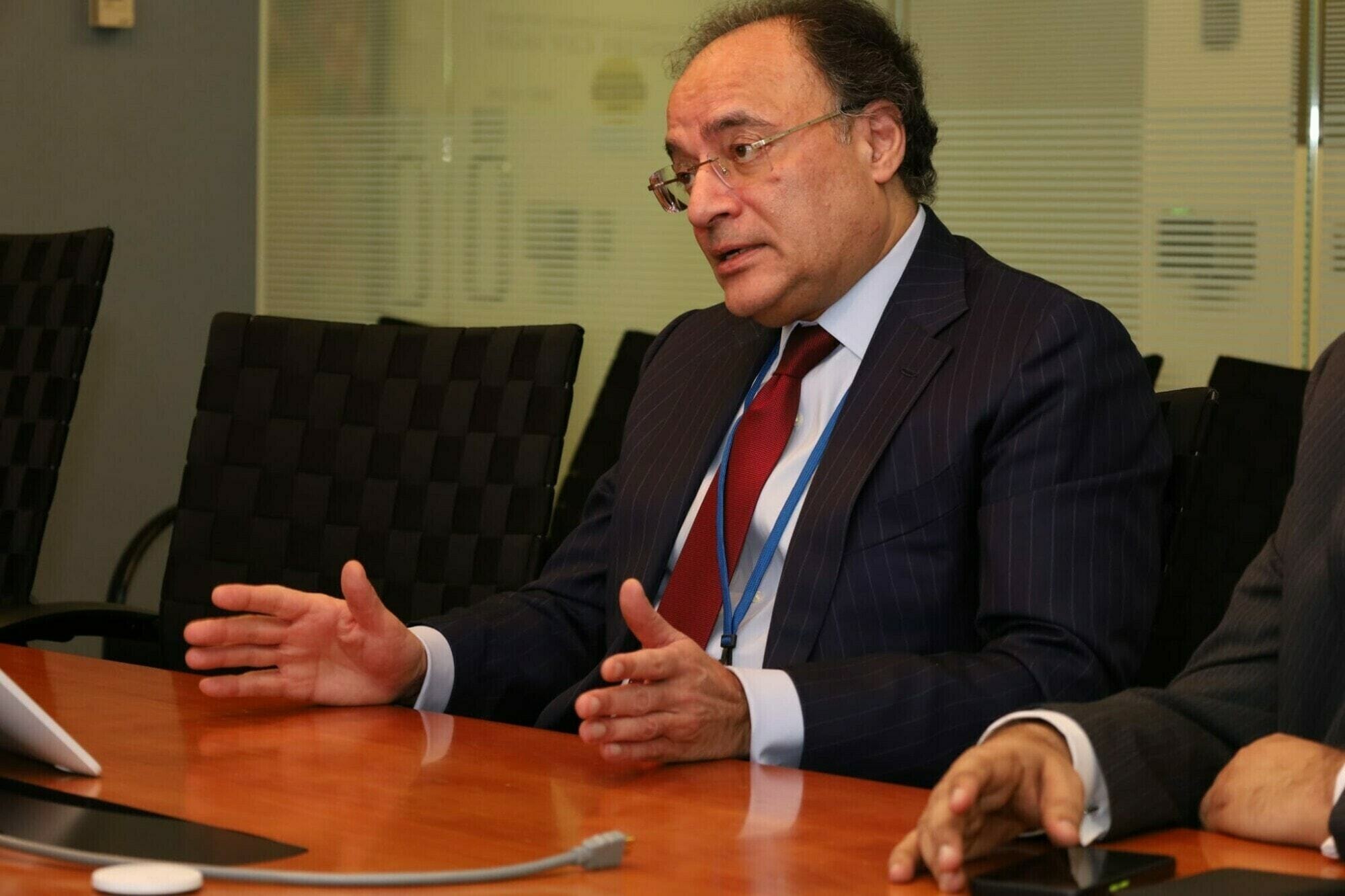Mohsin Siddiqui (Chief Reporter)
The International Monetary Fund (IMF) has called for significant anti-corruption measures to be included in Pakistan’s upcoming 2024 budget. According to sources, the IMF has specifically demanded greater transparency regarding the assets of public office holders, government officials, ministers, and parliamentarians.
The IMF has directed the Pakistani government to establish a portal that will publicly disclose the assets of these public officials. This requirement is part of the agreement between Pakistan and the IMF aimed at enhancing transparency and accountability. However, sources indicate that the government has not yet implemented this directive.
The government had previously prepared a Performa for officials to disclose their assets, but this information has not been made public. Additionally, banks will now be required to obtain asset information from government officials when they open new accounts, furthering the transparency efforts mandated by the IMF.
Reports suggest that in order to meet IMF targets, Pakistan’s development budget has been significantly affected. Of the Rs 950 billion allocated for development, only Rs 379 billion has been utilized this year. These budget reductions have adversely impacted various sectors, including health, higher education, and infrastructure projects across the country.
The IMF’s call for anti-corruption measures comes after extensive negotiations with Pakistan. An IMF delegation led by Mission Chief Nathan Porter visited Pakistan from May 13 to May 23 to discuss the country’s economic progress. Following these discussions, the IMF released a statement confirming that Islamabad has formally requested a new loan program.
The statement highlighted the Pakistani government’s efforts to increase revenue and emphasized the importance of fair tax collection from privileged sectors. The IMF assured Pakistan of its commitment to working together towards sustainable economic growth, noting that the country’s economy would stabilize with the support of the Extended Fund Facility (EFF) program.
Pakistan has successfully met the targets set under the Standby Arrangement Agreement, which will support the forthcoming new loan program. The IMF emphasized the necessity of expanding the tax net to ensure economic growth and stability. It also called for appropriate policy and exchange rate measures to control inflation and stressed the critical need for energy sector reforms.
The IMF underscored the importance of reducing the cost of energy production and implementing a stringent monetary policy until inflation is under control. The need to improve the performance of state-owned enterprises was also highlighted, with the IMF indicating that privatization of these corporations is essential for better efficiency.




